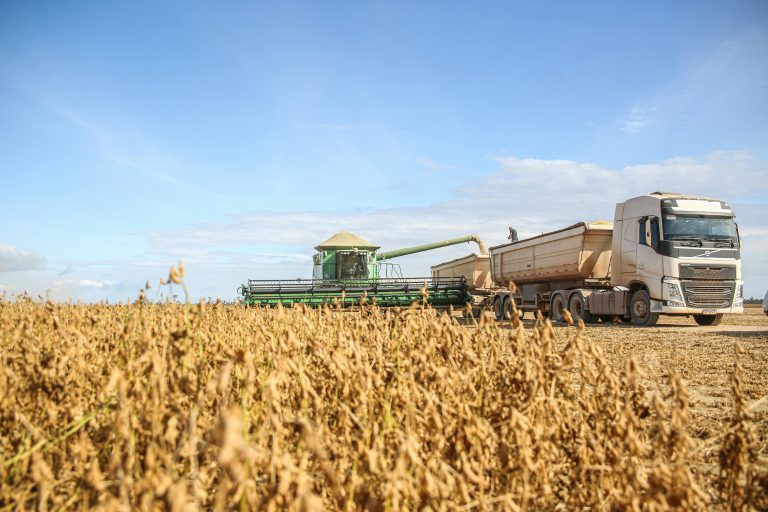Increasing the profitability of an agricultural business is inseparable from the efficiency of every stage of grain handling—the harvest and its preparation for sale are equally important. One of the most important elements in this chain is grain cleaning. If outdated technologies are used at this stage, profit losses are inevitable: part of the product spoils, and another part is sold at reduced prices due to low quality.
Modern aerodynamic grain cleaning machines have fundamentally changed the situation. They operate on the principle of cleaning with an air stream without mechanical contact with the grain, which ensures gentle handling and preservation of product quality. Such machines increase production profitability from the very first season.
Technologies That Turn Time Into Profit
The essence of how these machines work is cleaning grain by means of an air stream that passes through a special chamber. Different fractions of grain and impurities have different weights and shapes, so the air flow separates them, dividing them into clean grain, seed grain, damaged kernels, dust, and light impurities.
This approach has several important technological advantages:
- Non‑contact handling. The absence of moving mechanical elements reduces the risk of mechanical damage to the grain.
- Fast changeover. Switching from one crop to another takes only a few minutes.
- Versatility. You can clean both large crops (corn, soybeans) and small ones (poppy, flax, millet).
- Minimal maintenance. The machines do not have screens or filters that require regular cleaning or replacement.
- Mobility. Modern models, such as the Metra ADS, do not require stationary installation and can be easily transported within the farm.
A set of such features points to high efficiency that you can leverage to your advantage during grain handling.
How This Affects the Economics of the Enterprise
Effective grain cleaning directly affects the profitability of an agricultural business. Properly cleaned grain can be sold at a higher price or used as seed material with predictable properties. In addition, reducing losses and lowering equipment maintenance costs also have a significant financial effect that becomes noticeable as early as the first season of use.
Key Sources of Savings and Profit
Aerodynamic grain dryers are worth purchasing for business owners who understand the value of savings. Among the key economic benefits of using such equipment, the following stand out:
- Increased share of marketable grain. Thanks to precise separation, up to 90% of the mass can be sold as high‑grade grain.
- Improved germination of seed material. Stable seed quality positively affects yield (up to +30% with proper sizing).
- Minimization of feed fraction. Only 5–10% of grain transitions into the feed category after cleaning.
- Reduced maintenance costs. The simplicity of the design helps avoid frequent stoppages and repairs.
- Lower logistics costs. Mobile machines allow grain to be cleaned directly in the field or at the storage site.
The experience of farmers who use Metra aerodynamic grain dryers shows that these machines pay for themselves within the first or second season.
Versatility for Different Crops and Conditions—The Key to Efficiency
There are no universal solutions in agriculture—one piece of equipment does not always suit all types of grains. However, aerodynamic grain cleaning machines demonstrate high adaptability: they are suitable for staple crops (wheat, barley, corn) as well as niche ones (sorghum, poppy, buckwheat, amaranth).
Machines like the ADS series offer a wide performance range—from 200 to 8,000 bushels/hour. Thanks to this broad selection, you can easily choose the optimal solution depending on production volumes and seasonal load. They are also capable of cleaning grain from complex contaminants—fungi, fusarium spores, insects, and mechanical impurities.
The products of a manufacturer like Metra clearly show how a combination of simple design, broad functionality, and durability turns into practical benefits for agribusiness. But the main thing is the ability to work effectively with any crop and minimize losses at every stage.








